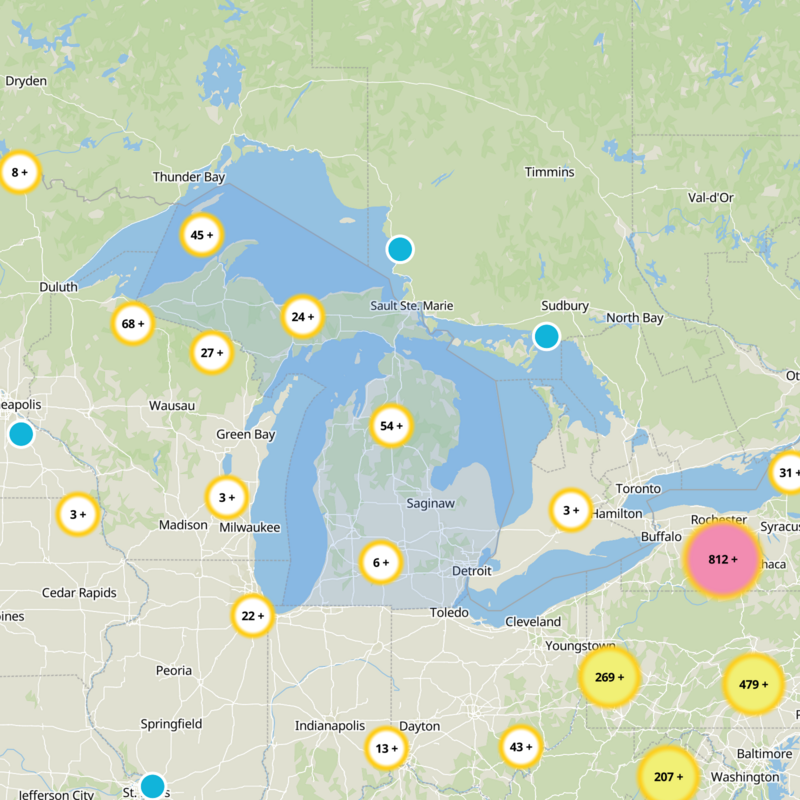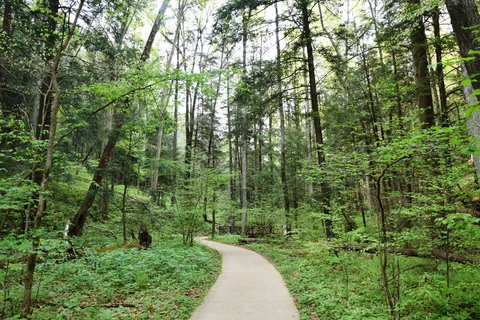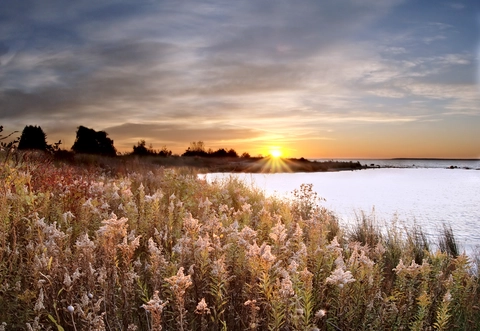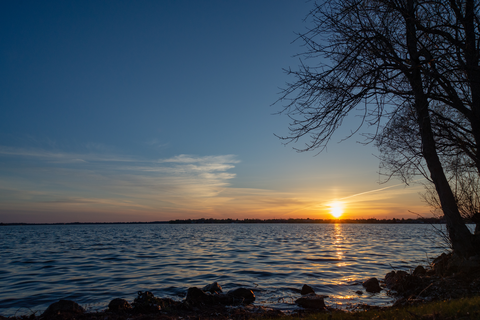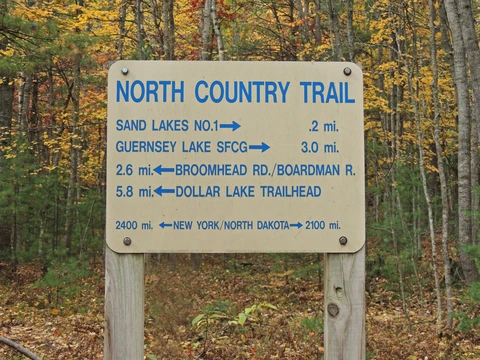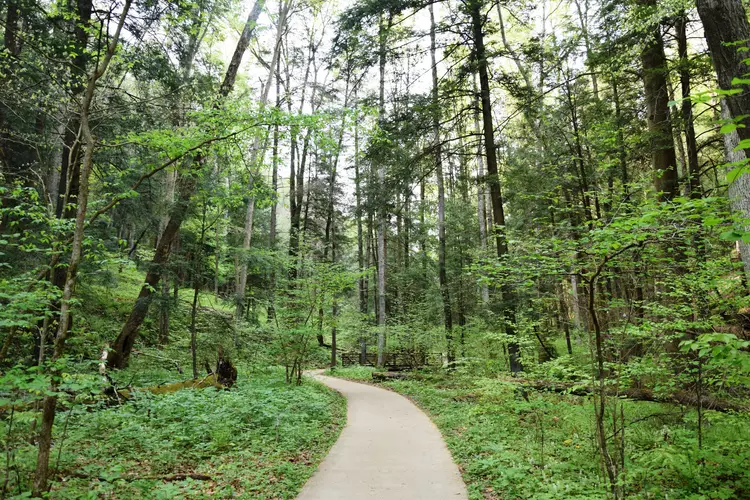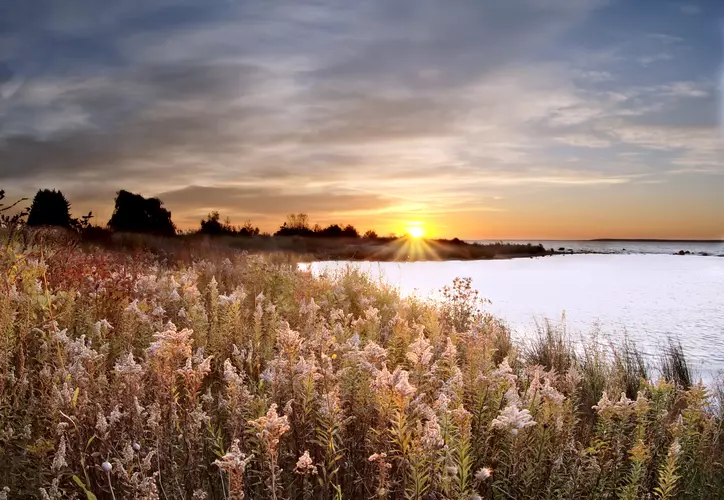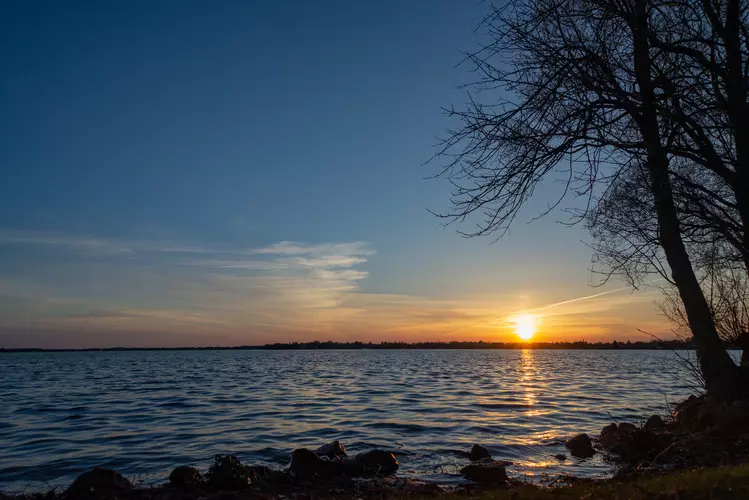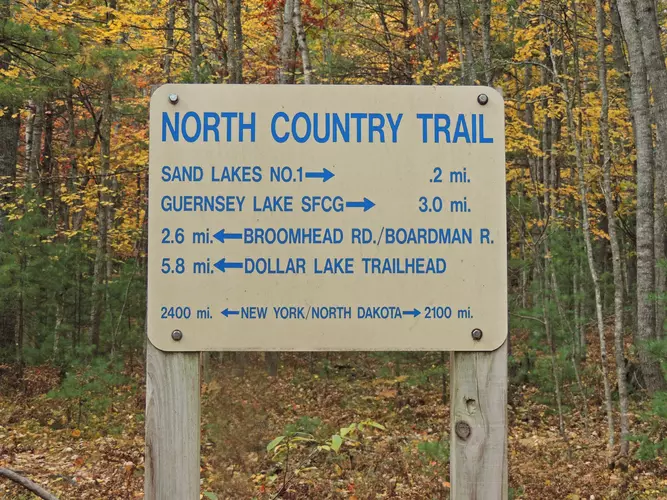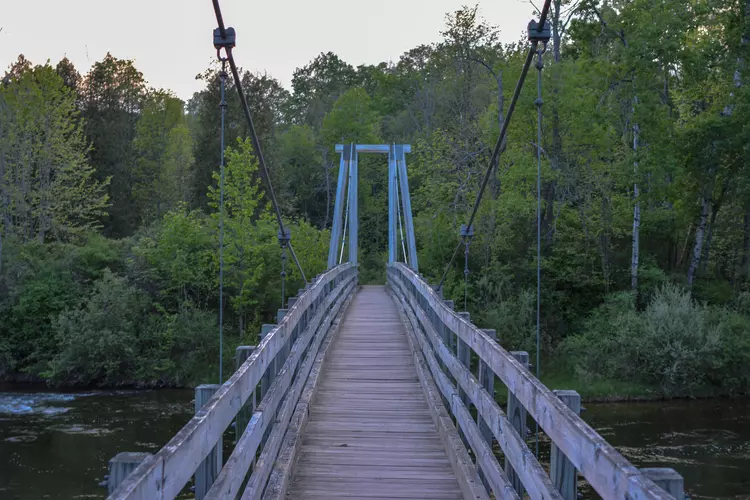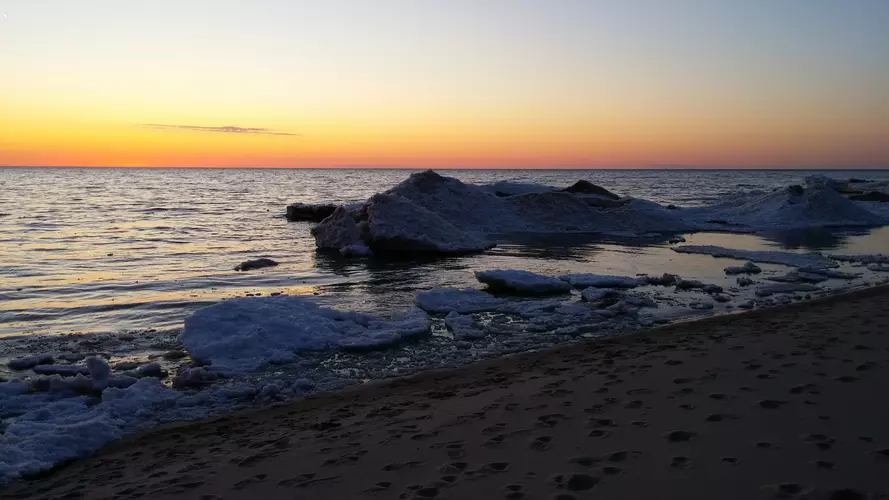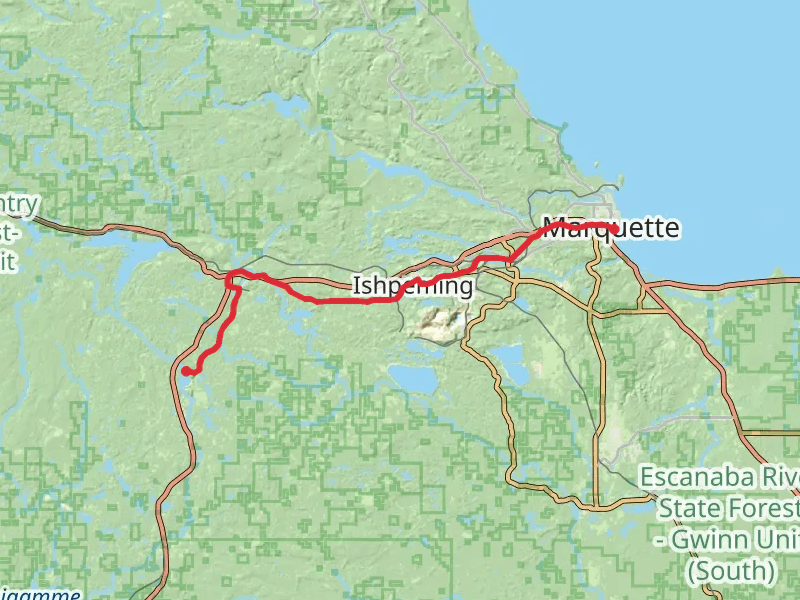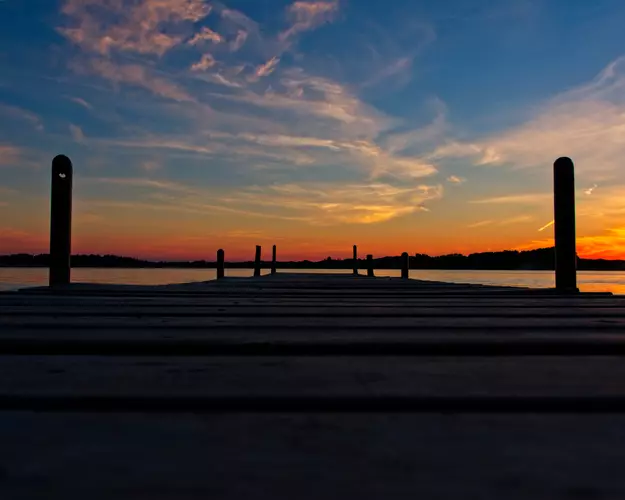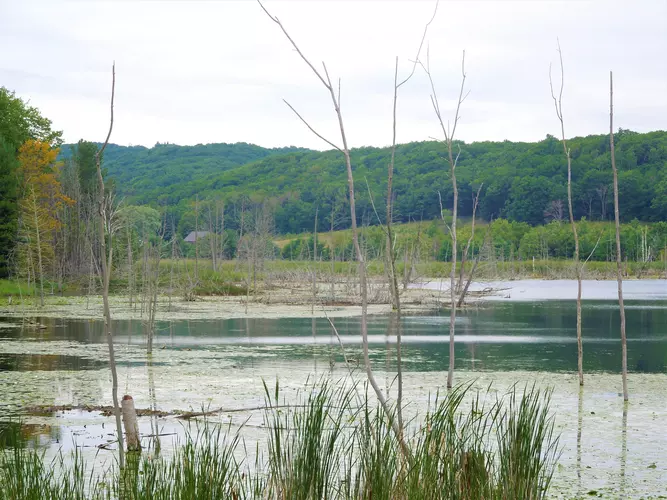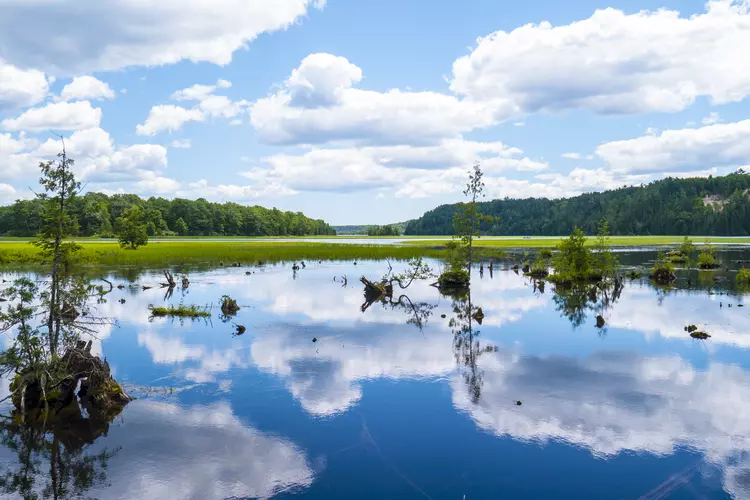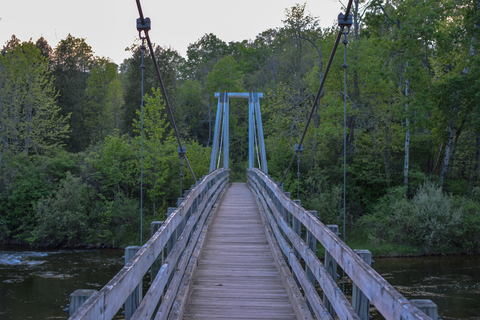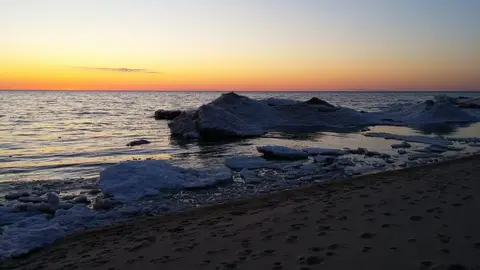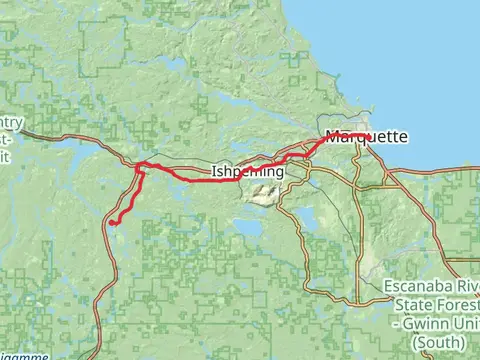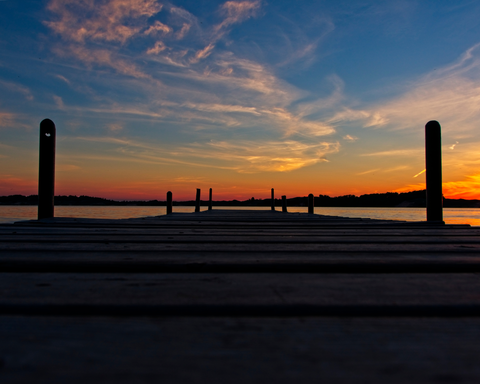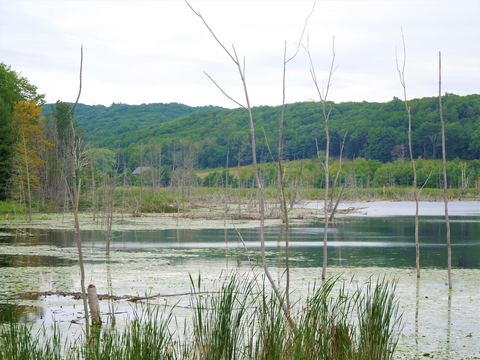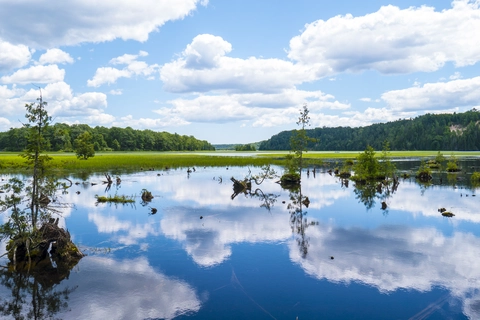"Michigan's trails unveil diverse landscapes, captivating wildlife, and breathtaking vistas for every adventurous spirit."
Michigan offers a hiker's paradise with its diverse landscapes, from the rugged cliffs of Pictured Rocks National Lakeshore to the serene beauty of Isle Royale. Traverse the lush forests of the Upper Peninsula, where waterfalls cascade into crystal-clear lakes, or explore the rolling dunes of Sleeping Bear Dunes National Lakeshore. Each trail unveils unique wildlife and breathtaking vistas, inviting you to immerse yourself in nature's splendor. Discover Michigan's trails and let adventure guide your steps!
Most popular hikes
FAQs about hiking in Michigan

In summary, spring and fall are the best times for hiking in Michigan, with comfortable temperatures and stunning natural beauty. It's wise to check the local weather and trail conditions beforehand, for instance on the Michigan Department of Natural Resources website (https://www.michigan.gov/dnr/).





